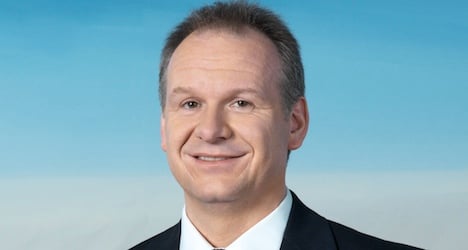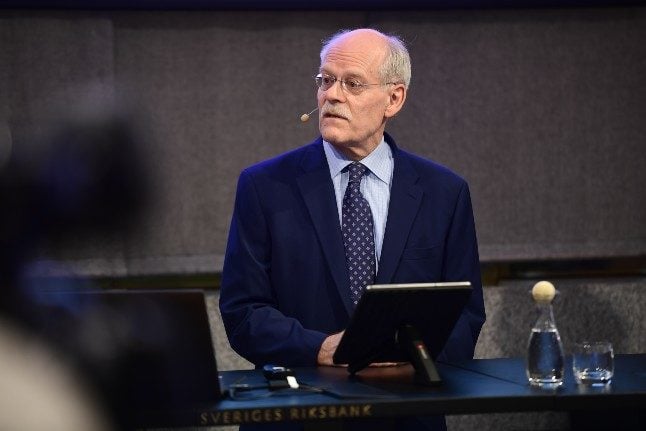“We have always said this is a possibility,” Thomas Moser, an alternate member of the Swiss National Bank’s governing board, told The Wall Street Journal.
“We’re never shy about it,” he said in comments made on the margins of a panel discussion at an academic conference in Hamburg, Germany.
“We always said we would use it if needed.”
The franc had been close to 0.83 centimes against euro before Moser’s comments triggered a sell-off of the Swiss currency.
Effective interest rates from the SNB are close to zero.
Bank President Thomas Jordan earlier said that no measures would be excluded to prevent the franc from becoming over-valued against other currencies.
Moser would not say whether the SNB would take such action at its upcoming September 18th meeting.
A strong Swiss franc hurts Swiss exports by making them more expensive for foreign customers.
For more than three years the SNB has maintained a floor for the franc against the euro of 1.20, a level that has been tested on foreign exchange markets recently.
On September 4th, the European Central Bank cut interest rates to an all-time low of 0.05 percent in a bid to stimulate economic activity in the depressed eurozone.
This drove the euro down against the franc.
But after Moser’s comments, the euro rose as much as 0.4 percent to 1.211 francs, its highest level in almost a month.



 Please whitelist us to continue reading.
Please whitelist us to continue reading.
Member comments